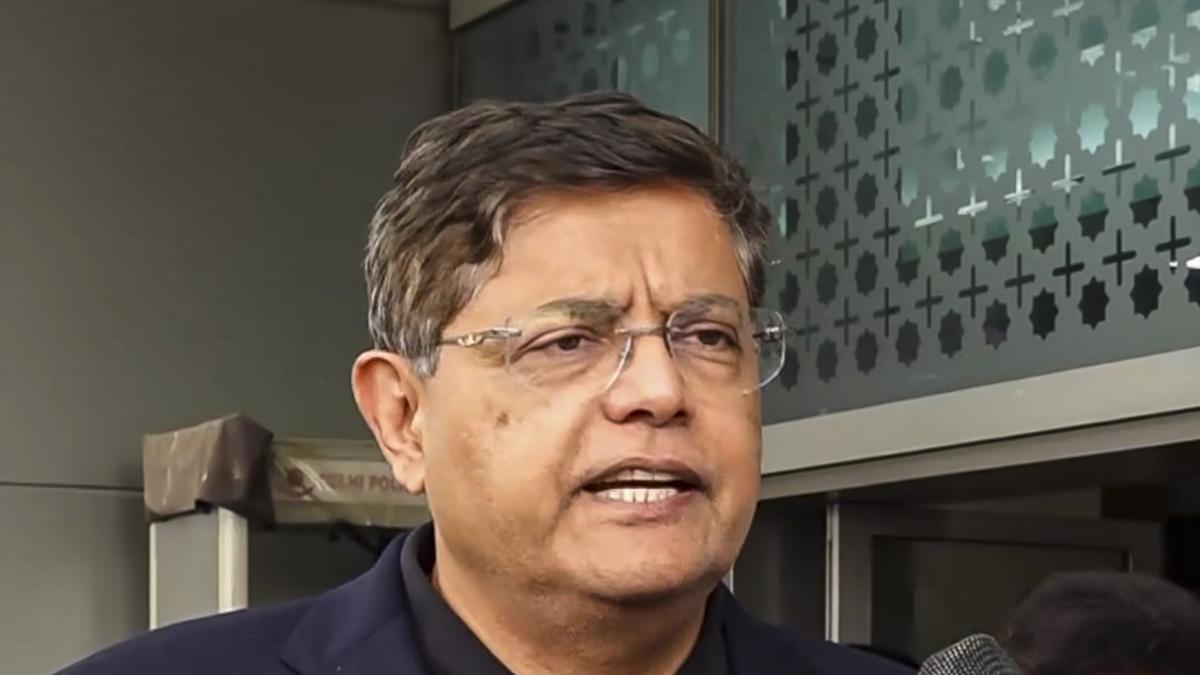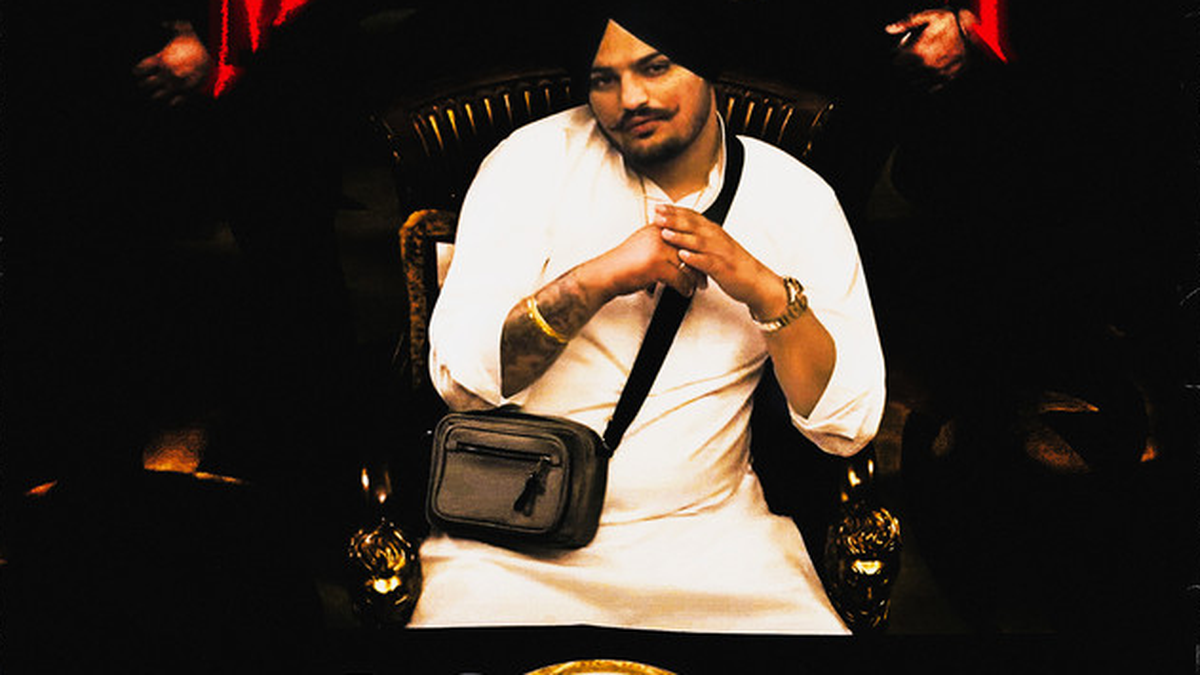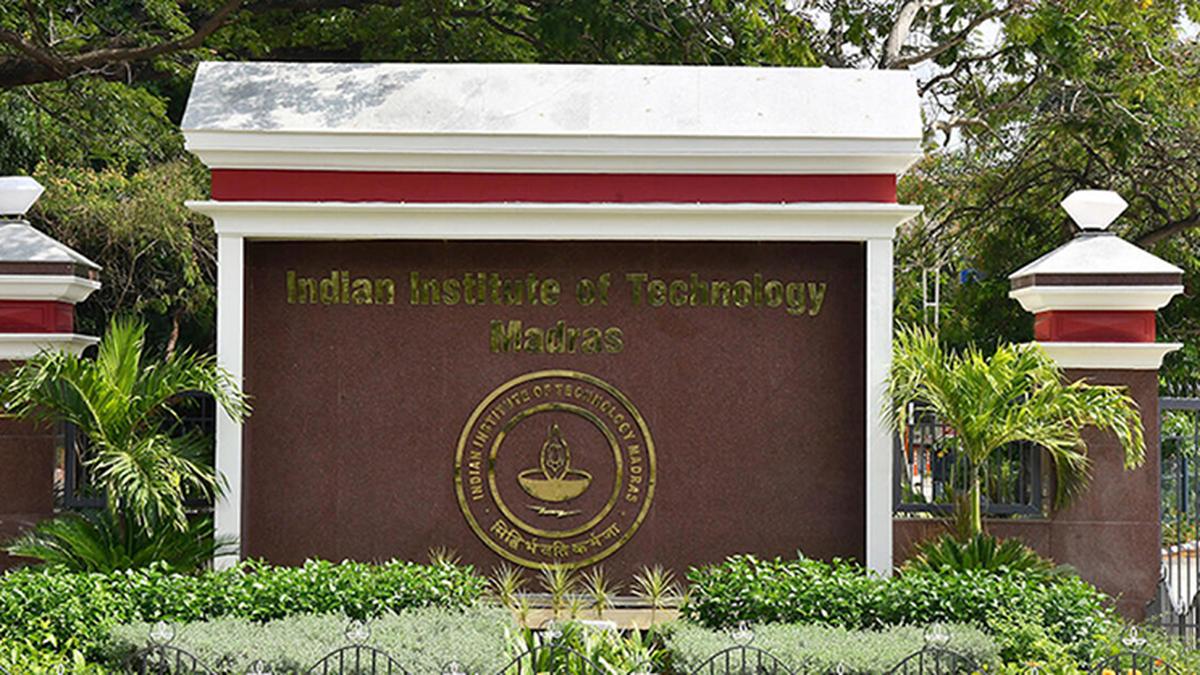
BJP MP Baijayant Panda talks to the media upon his arrival along with other members of the multi-party delegation after conclusion of their four-nation visit, in New Delhi.
| Photo Credit: PTI
BJP MP Baijayant Panda, who headed a multi party delegation that visited Saudi Arabia, Kuwait, Bahrain and Algeria as part of a diplomatic outreach post Operation Sindoor said the delegation’s remit was not just to put India’s case on its right to retaliate against terror acts on its soil, but also to convey the “new normal” of imposing economic sanctions against Pakistan for the same.
Speaking to The Hindu, Mr Panda said that his delegation that visited four countries that are also members of Organisation of Islamic Cooperation (OIC), which had issued an objectionable statement post the Pahalgam terror attack, which was condemned by India, had received a positive feedback, even on the question of these economic sanctions.
“I and everybody in my delegation, considered this visit to be extremely successful because of the support we received explicitly. We were explicitly told that they understand India’s dilemma. Now, but this is a work in progress. This is it’s not a thing that’s going to get resolved today,” he said.
He said that military hostilities was the first part of Operation Sindoor, the second was the diplomatic outreach by MPs and the last part, which was conveyed via these delegations was the economic sanctions against Pakistan. “And we discussed that at length, that our economic sanctions, having to do with visas, with water, with shipping, with trade, these are all intended to nudge Pakistan in the right direction. Prime Minister Modi has made it very clear. These are put in abeyance. They are not permanently scrapped,” he said.
He added that Prime Minister Narendra Modi’s consistent outreach, through the last decade with these countries, many of whom, have awarded him their highest civilian honours helped, apart from their own experiences with terrorism.
“The one comment that used to have tremendous response with all these countries, was how just like how America went into Pakistan and had to take out Osama bin Laden, we also have the right to defend ourselves by hitting a terrorist camps. These countries have been the victims of ISIS, and they were deeply embarrassed by Pakistan’s complicity in hiding Osama bin Laden,” he said.
On being asked about how these countries explained the negative statement by the OIC, Mr Panda said took a longer view, stating that it emerged out decades of a “circle the wagons” approach.
“The OIC has a particular stance which has emerged from decades and decades of if you can call it, ‘circle the wagons’ approach. But we must keep in mind that two of these nations we visited have played a role in United Nations Security Council when it has proscribed some of these terrorist elements in Pakistan as well as participating as members of Financial Action Task Force (FATF) board to put Pakistan put under the task force’s gray list,” he said.
He admitted that the delegation was asked questions on the treatment of minorities in India and the country’s stance on the Palestine issue and relations with Israel. He said that the make up of the delegation, representing different languages, regions, political parties and five different religions was a statement in itself.
On Palestine, he said, the delegation spoke of India’s consistent support for the two state solution, and the fact that India’s budget has provisions of tens of millions of dollars for relief for Gaza and West Bank, for the Palestinian people. “One of our delegation members was Ghulan Nabi Azad, very senior politician, who has had a particular role to play from the Non Aligned Movement (NAM) days, when he used to interface with people like late Palestininan Liberation Organisation (PLO) chief Yassar Arafat. That carries a huge credibility,” he added.
Mr Panda termed as “bizarre” but not surprising, the appointment of Pakistan as vice chair of the committee on counter terror, announced recently by the United Nations (UN).
“I’m not terribly surprised because the UN has lost its way over the decades. In any case, the institutions that were formed in the 1940s, they represented a post World War II era when the world was a very different place. India is the world’s largest democracy that has ever existed in human history and now the fourth largest economy, for that not to be a permanent member of the security council, shows you how outdated the UN is,” he said.
Published – June 07, 2025 01:42 pm IST



